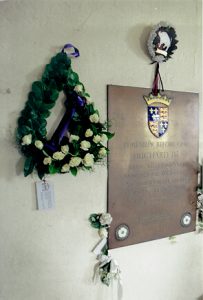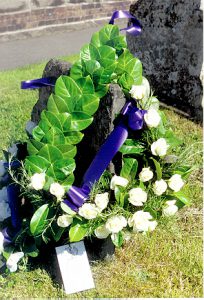Richard III, by the grace of William Shakespeare, has come down to us through history as a murderous tyrant, who plotted and killed his way to the throne of England. Shakespeare based his play on the writings of various “historians” under the patronage of Henry VII, in whose best interests it was to denigrate his predecessor. Shakespeare was also patronized by the Lord Chamberlain in the court of Queen Elizabeth I, so he could hardly write a production sympathetic to the man from whom the Tudors usurped the realm.
A persistent story that Richard callously murdered his two nephews, Edward, Prince of Wales and Richard, Duke of York to claim the throne, started as rumour in 1483 and blossomed into accepted fact. However, independent sources from the 15th century offer no evidence that this was the truth. The thought that this man, the epitome of evil for so many centuries, may actually be innocent of the crimes attributed to him, has sparked the imagination of many a scholar and layman historian.
Research undertaken in the past 65 years by the Richard III Society, founded in England, has uncovered many contemporary documents which refute the notion of Richard as an evil tyrant.
Some 4,000 Ricardians all over the world contribute their time and energy to re-educate the public on this tempestuous period, in an effort to dispel the myths and encourage a critical approach to the study of history.
|
Memorial Wreath laid annually |
|
|
|
|


